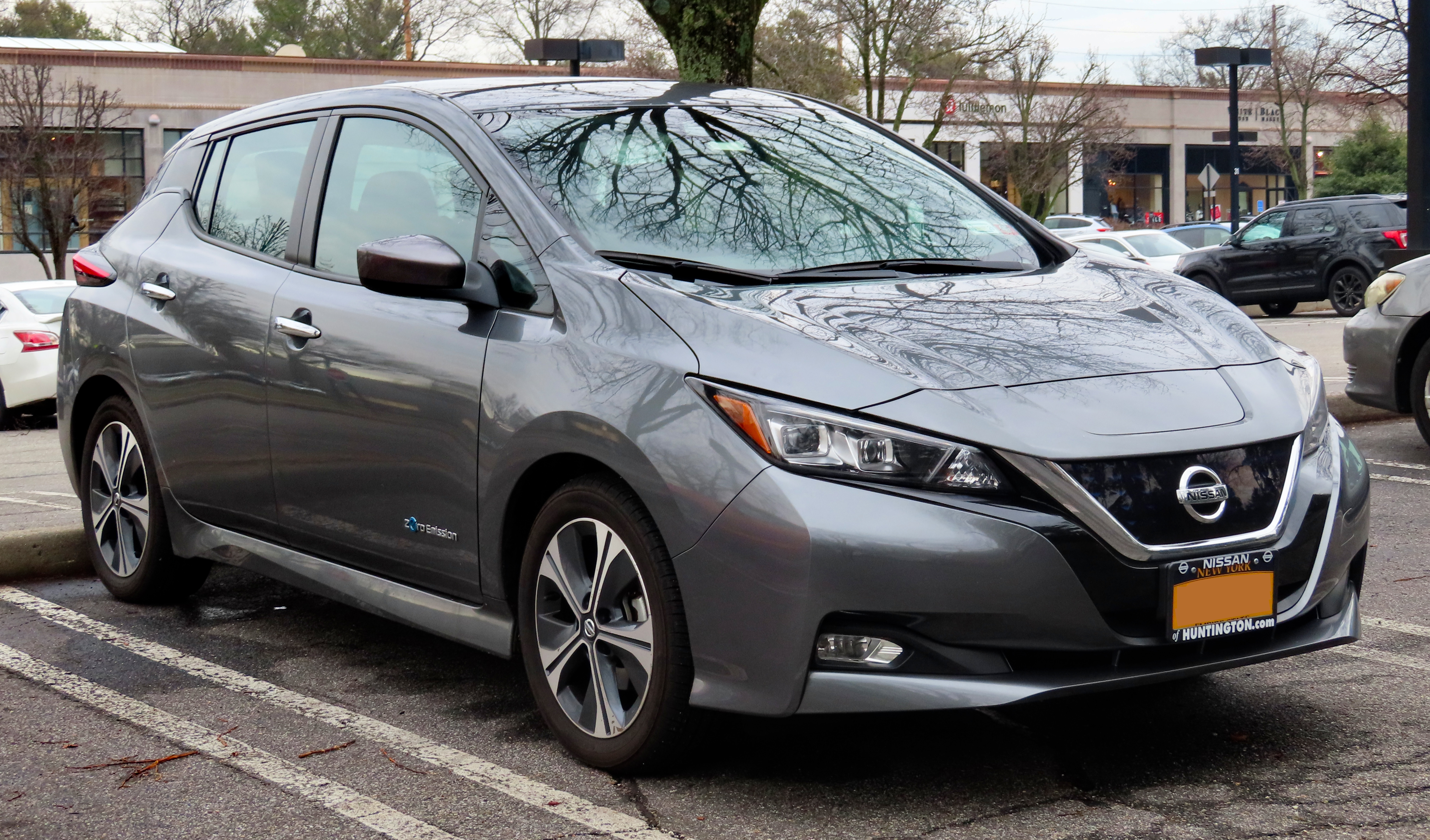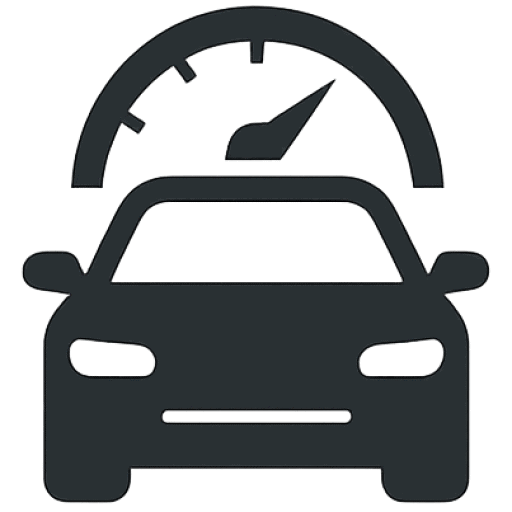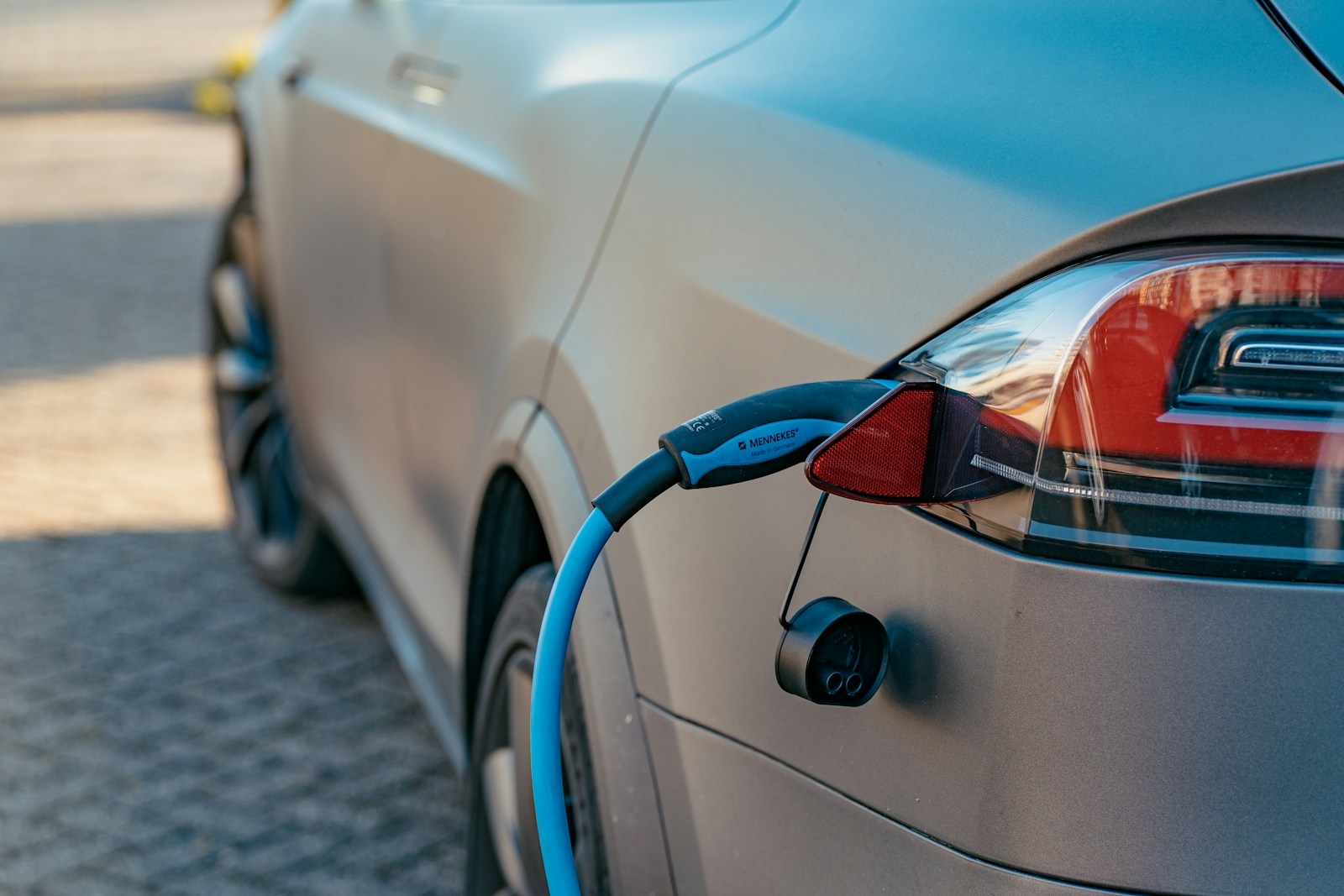When I bought my first EV, one of my top concerns wasn’t just range—it was how quickly I could fully recharge it overnight using a Level 2 charger. I didn’t want to spend $40k on a car that would leave me stuck with 12-hour charging times, especially when I knew I’d be relying on it daily.

So if you’re in the same position—shopping for an electric vehicle that fits your routine and can fully recharge in 8 hours or less using a standard 240V Level 2 home charger—here’s everything I’ve learned.
Why 8 Hours Matters
Eight hours is basically the golden standard for overnight charging. Plug in when you get home, and by the time you’re up in the morning, you’re ready to go with a full battery.

With Level 2 chargers typically providing 7–11 kW of power (depending on the car’s onboard charger and your setup), that means you’re aiming for EVs with a usable battery size of 60 kWh or less—or cars with higher charging speeds that make up for a bigger battery.
EVs That Can Fully Charge in Under 8 Hours
Here are some of the best EVs that meet the 8-hour full charge benchmark using Level 2 power.
1. Chevrolet Bolt EUV (2022–2023)

- Battery Size: 65 kWh
- Max AC Charge Rate: 11.5 kW
- Real-World L2 Charge Time: ~6.5–7 hours
Why it works: The Bolt EUV’s fast onboard charger and relatively efficient battery make it one of the few affordable EVs that charges fast enough overnight.
Bonus: It’s one of the few under $30k EVs that supports this kind of speed.
2. Hyundai Kona Electric (2021–2024)

- Battery Size: 64 kWh
- Max AC Charge Rate: 7.2 kW
- Real-World L2 Charge Time: ~8.5 hours (very close)
Why it works: While not the fastest onboard charger, the Kona’s battery is incredibly efficient. Unless you’re charging from empty every night, this still gets the job done in under 8 hours most days.
3. Mini Cooper SE (2020–2024)

- Battery Size: 32.6 kWh
- Max AC Charge Rate: 7.4 kW
- Real-World L2 Charge Time: ~4 hours
Why it works: Tiny battery means short range, but the upside is extremely fast charging. This is a great choice for city-only drivers.
4. Nissan Leaf SV Plus (2019–2024)

- Battery Size: 62 kWh
- Max AC Charge Rate: 6.6 kW
- Real-World L2 Charge Time: ~8.5–9 hours (a bit over, but manageable)
Why it (almost) works: It’s right on the edge, but for most people who charge at 20–30% nightly, this falls under the 8-hour mark.
5. Tesla Model 3 RWD (2022–2024)

- Battery Size: 57.5 kWh
- Max AC Charge Rate: 11.5 kW
- Real-World L2 Charge Time: ~6 hours
Why it works: The RWD version is underrated for its charging speed, and Tesla’s onboard tech maximizes efficiency. It’s the most polished option in this group.
Comparison Table
| EV Model | Battery Size | AC Charge Rate | Real-World Charge Time | MSRP (Approx.) |
|---|---|---|---|---|
| Chevy Bolt EUV | 65 kWh | 11.5 kW | 6.5–7 hours | $27,800 |
| Hyundai Kona Electric | 64 kWh | 7.2 kW | 8.5 hours | $33,500 |
| Mini Cooper SE | 32.6 kWh | 7.4 kW | 4 hours | $30,900 |
| Nissan Leaf SV Plus | 62 kWh | 6.6 kW | ~9 hours | $36,000 |
| Tesla Model 3 RWD | 57.5 kWh | 11.5 kW | ~6 hours | $38,990 |
What You’ll Need at Home
To get these results, you’ll need a 240V home charging setup that can deliver 32–48 amps. I use a 40-amp JuiceBox that cost me about $700 installed (tax credits helped). Be sure your EV can accept the charger’s full output; if your car maxes at 7.2 kW, a 9.6 kW charger won’t change your charge time.
Final Thoughts
If you’re commuting daily or doing short trips around town, fast Level 2 charging can be just as important as range. You don’t want to play the “what percentage am I at?” game every night.
Personally, I’d lean toward the Bolt EUV or Model 3 RWD if you want max charging speed under $40k. The Mini SE is perfect if you live in the city and don’t drive far. Even the Leaf and Kona hold up pretty well—just don’t expect miracles if you’re always charging from 0%.
You Might Also Be Interested In:
- Best Home Wall Chargers for Bolt EUV Owners
- How Long Does It Take to Charge a Tesla at Home?
- Used EVs Under $20k That Still Qualify for Tax Credits
- Maximizing Range: Cold Weather Tips for Tesla Model Y
Let’s Talk Cars
Have a question? A suggestion? Just want to say hi?
You’re in the right place.
Use the form below to reach out to the AutoSpecs Daily team. We're happy to hear from readers, car lovers, first-time buyers, and anyone who's got something to share.
What can you contact us about?
- Feedback on one of our articles
- Ideas for new topics you'd like us to cover
- Questions about cars, gear, or general auto advice
- Media, partnership, or brand inquiries
- Anything else that's on your mind
We check every message that comes through and do our best to respond within 2 to 3 business days.
We don’t list an email address here to avoid spam, but the contact form is the best and fastest way to reach us.
Thanks for stopping by. We're glad you're here.

